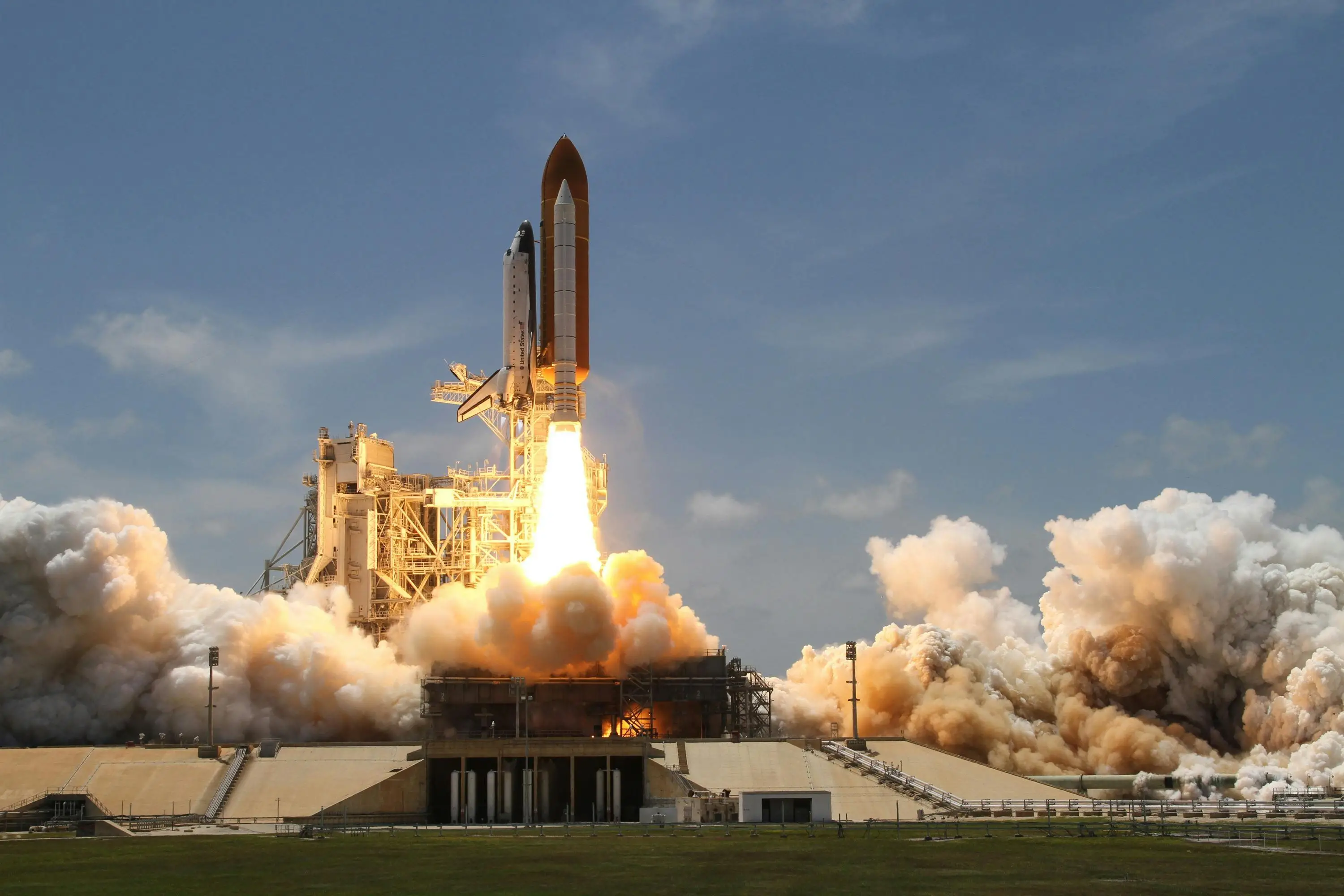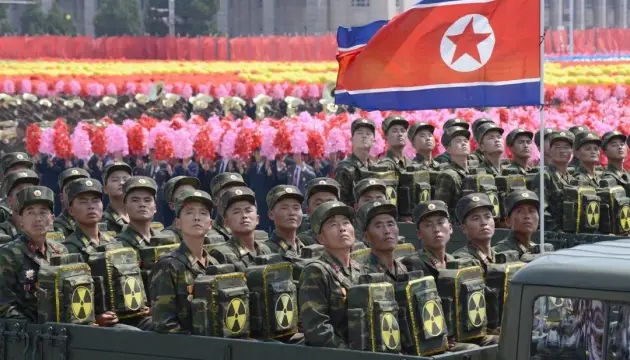russia may unleash a nuclear war in space. What should we prepare for?

russia has made progress in developing a weapon to place a nuclear payload in orbit, but it is unclear how close it is to ultimate success in this endeavor
American intelligence recently reported a serious national security threat posed by the possible deployment of russian nuclear weapons in space. This new threat has prompted Washington to revise its plans, including attempts to engage India and China in putting pressure on the kremlin. In addition, the White House government is ready for direct negotiations with russia to ensure stability in space.
According to the information provided, russia is actively developing and seeking to deploy nuclear space weapons capable of disabling a significant number of satellites. By using a nuclear electromagnetic pulse (EMP), this technology can shut down electronic equipment in space and on Earth, potentially creating serious consequences. The idea of detonating nuclear charges in space to create EMPs dates back to the Cold War, but even testing such weapons was one of the reasons that led the United States and the Soviet Union to conclude the 1963 Treaty on the Prohibition of Nuclear Weapons Tests in the Atmosphere, in Space and Underwater, which was joined by most of the world's states. Additionally, the Outer Space Treaty was concluded in 1967, which prohibits the placement of any form of nuclear weapons in orbit. The current concern is not only about russia's attempts to violate these agreements, but also about the possible consequences of these actions. If russia proceeds with its plans, it will become the first country to place nuclear weapons in space, which is a cause for fear and a possible chain effect, including from other countries such as North Korea. It should also be noted that the consequences of an explosion in space would have a much greater impact on life on Earth compared to the events of more than 60 years ago. The potential use of space-based nuclear weapons also poses threats to the conduct of hostilities against russia, including the risk of destroying SpaceX's geostationary satellites that help the Ukrainian military. However, it is worth noting that russian satellites would also be exposed to similar effects in the event of a nuclear explosion. For example, the United States owns 423 of the 957 active satellites in orbit. They are followed by russia (160) and China (more than 100) in terms of the number of satellites, both countries also occupy significant positions in outer space. More than 115 countries have their ownership shares in the satellite industry. The graphic shows the countries where the owners or operators of these satellites are located. In addition, 44 countries are co-owners of satellites and work together to launch and operate them, mostly in the form of groups of two or three countries. These joint projects are identified in the diagram. The most active participants in space cooperation projects are the United States, Taiwan, Japan, and France. Therefore, it can be concluded that such an explosion would damage not only American or European satellites, but also satellites of countries "friendly" to russia. If numerous artificial satellites are damaged, this will have significant consequences for technology, communications, scientific research, and other aspects of modern life. Here are some possible consequences:
1. Loss of global navigation: Most global navigation systems, such as GPS, are based on satellite signals. The absence of satellites would make it difficult to use these systems for accurate navigation.
2. Telecommunication restrictions: Satellites are used for telecommunications such as mobile communications and data transmission. The loss of these satellites would severely hamper long-distance communications.
3. Deterioration of meteorological forecasts: Satellites are important for collecting meteorological data that is used for weather forecasting. Without them, the accuracy of forecasts could be significantly reduced.
4. Loss of defense and security aspects: Satellites are essential for defense and security systems, including early warning, surveillance and communications for military operations.
5. Negative impact on scientific research: Observing the Earth from space is essential for scientific research in various fields such as ecology, climatology, and geology. The loss of satellites would make it difficult to carry out these studies.
6. Economic impact: Many economic sectors rely heavily on satellites for their operations. The loss of satellite services could lead to losses in business and the economy as a whole. Overall, the loss of all artificial satellites would pose serious challenges to modern society, and many aspects of daily life would feel the effects of this scenario.
Thus, Washington believes that even if Russia launches nuclear weapons into orbit, they will probably not be used and will be placed in low orbit as a delayed-impact weapon. In parallel, the United States is actively considering ways to prevent a nuclear explosion in space. Secretary of State Anthony Blinken has held discussions on the possible deployment of Russian nuclear weapons in orbit with colleagues from India and China, countries that have their own satellites and could also be affected by moscow's possible actions. Washington is considering two options, and one of them, unfortunately, is extremely threatening to our side. To avoid a nuclear escalation, the United States may be ready to reach an agreement with the kremlin. Unfortunately, this scenario looks more realistic, and an alarming step has already been taken. The White House has reported that President Joe Biden has ordered a "direct diplomatic dialogue with russia." Negotiations on "space nukes" could lead to a weakening of the positions of Washington and other Western partners in the face of possible pressure from moscow.













